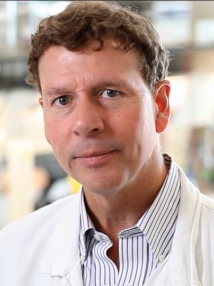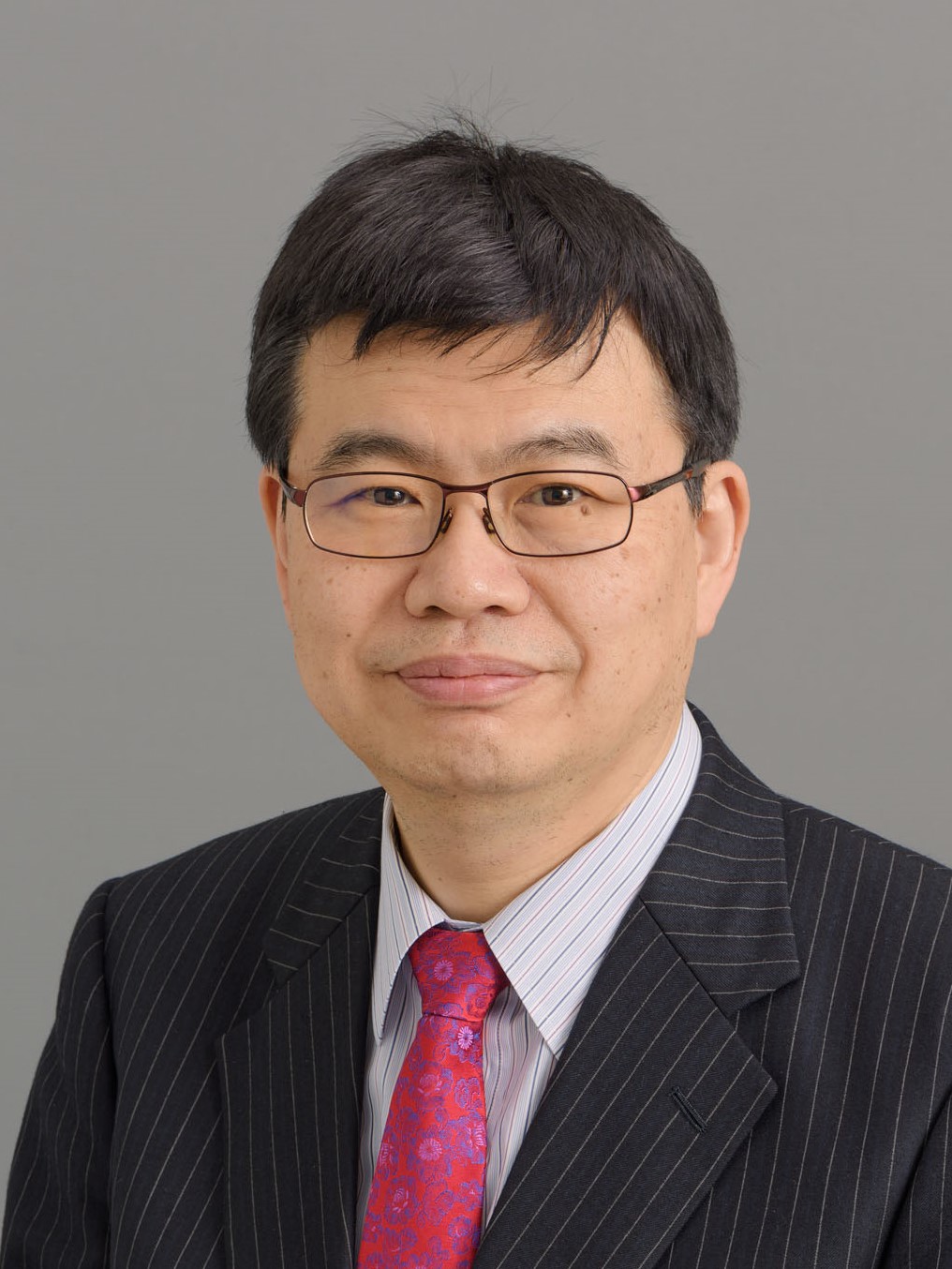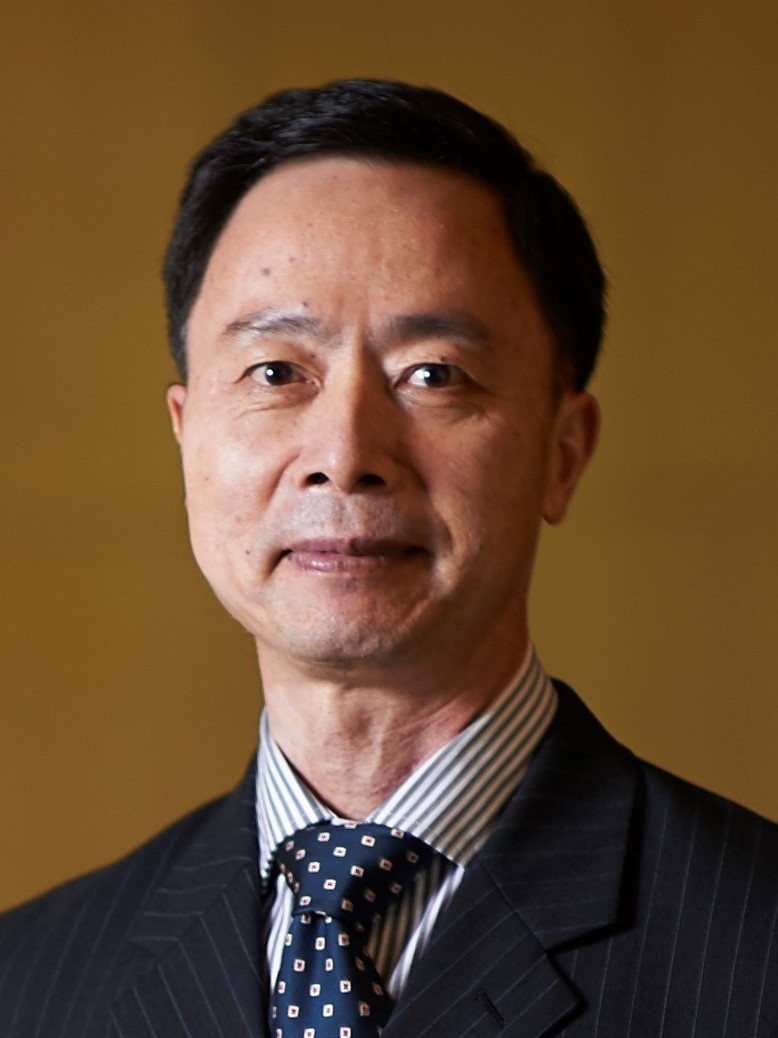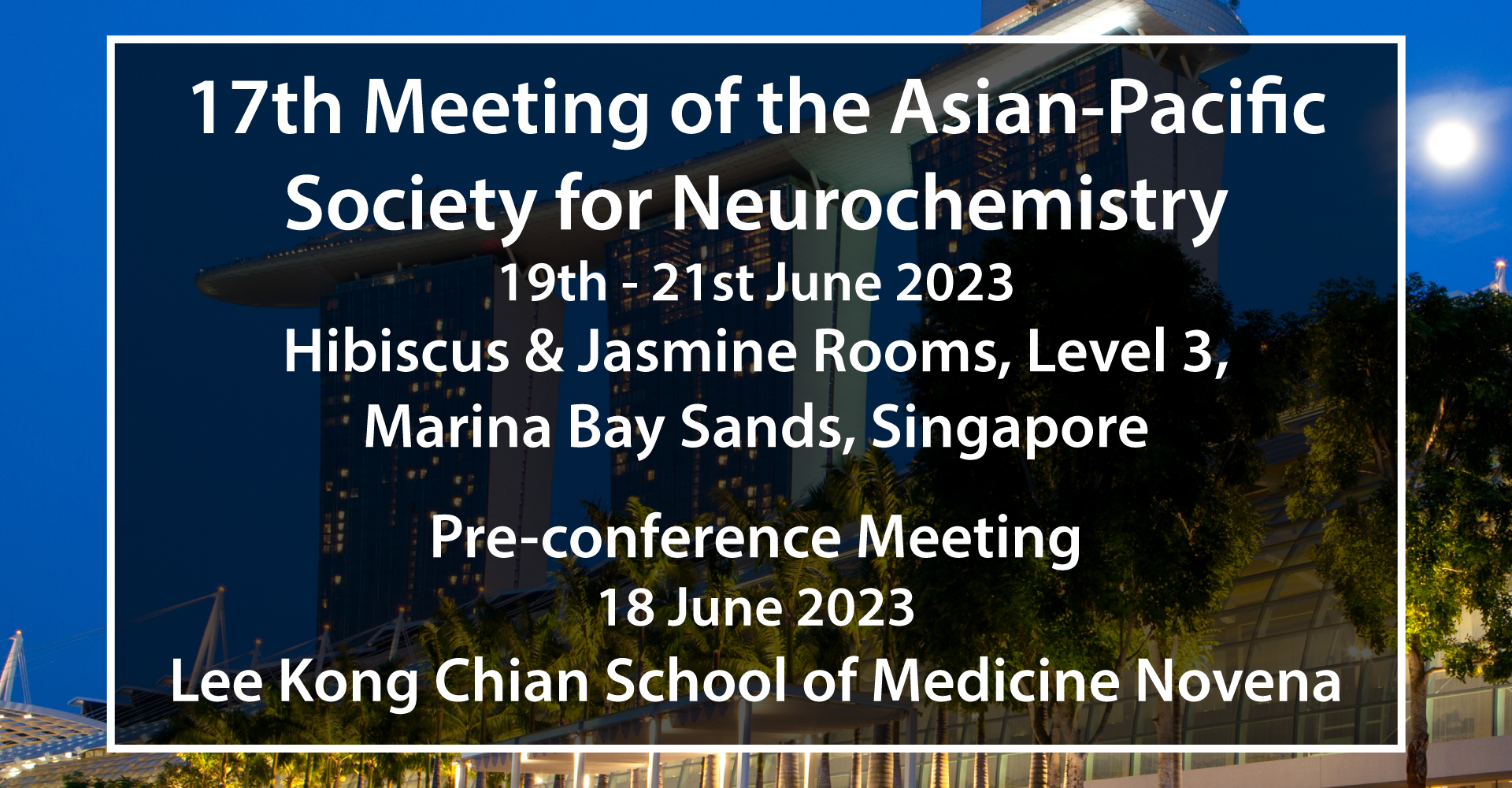Plenary Speakers

Prof Paul Matthews
Edmond and Lily Safra Chair, Head of Department
Faculty of Medicine, Department of Brain Sciences
Imperial College London, United Kingdom.
Prof Matthews’ research interests address the neuropathology and treatment of multiple sclerosis, the role of neuroinflammatory mechanisms in neurodegeneration and in the application of ‘Big Data’ approaches for personalised medicine. His work employs a wide range of ‘omics, epidemiological and imaging methods to address particularly the functional anatomical evolution of innate immune changes in the aging brain in neurodegenerative diseases. Recent studies have focused on ways that these approaches could be used to better inform individualised estimates of disease risk and personalised medicine for multiple sclerosis and the dementias.

Prof Hideyuki Okano
Professor, Department of Physiology, Keio University School of Medicine
Keio University, Japan
Prof Hideyuki Okano received M.D. in 1983 and Ph.D. in 1988 from Keio University. He held post doctoral position at Johns Hopkins University School of Medicine. He has appointed full professors at Tsukuba University School of Medicine in 1994, Osaka University School of Medicine in 1997, and returned to Keio University Medical School in 2001 as a full professor of Physiology. Since 2007, he has been a Dean of Keio University Graduate School of Medicine or a Dean of Keio University School of Medicine. In 2009, his group developed a transgenic technology of common marmoset (Sasaki et al., Nature, 2009). He has been a Project Leader of Brain/MINDS since 2014.

Prof Su-Chun Zhang
Professor & Programme Director
Neuroscience & Behavioural Disorders
Duke-NUS Medical School, Singapore
Prof Zhang Suchun is professor and director of the Signature Programme in Neuroscience and Behavioural Disorders at Duke-NUS Medical School Singapore and Steenbock Professor in Behavioural and Neural Sciences at the University of Wisconsin–Madison. Prof Zhang received his MD and MS in China and his PhD in Canada. He has developed technology to guide human stem cells to functionally specialised nerve cell types that are lost in many neurological and psychiatric conditions. He has also developed tools to dissect cellular and molecular mechanism underlying neural degenerative diseases. In parallel, he is conducting preclinical and clinical cell therapy studies for neurological diseases like Parkinson’s disease and spinal cord injury.
Prof Zhang has served as a reviewer or consultant for numerous agencies and scientific journals, including the NIH, FDA, Singapore's National Medical Research Council and research foundations. He was a founding member of the WiCell Institute and co-founder of BrainXell Inc.


